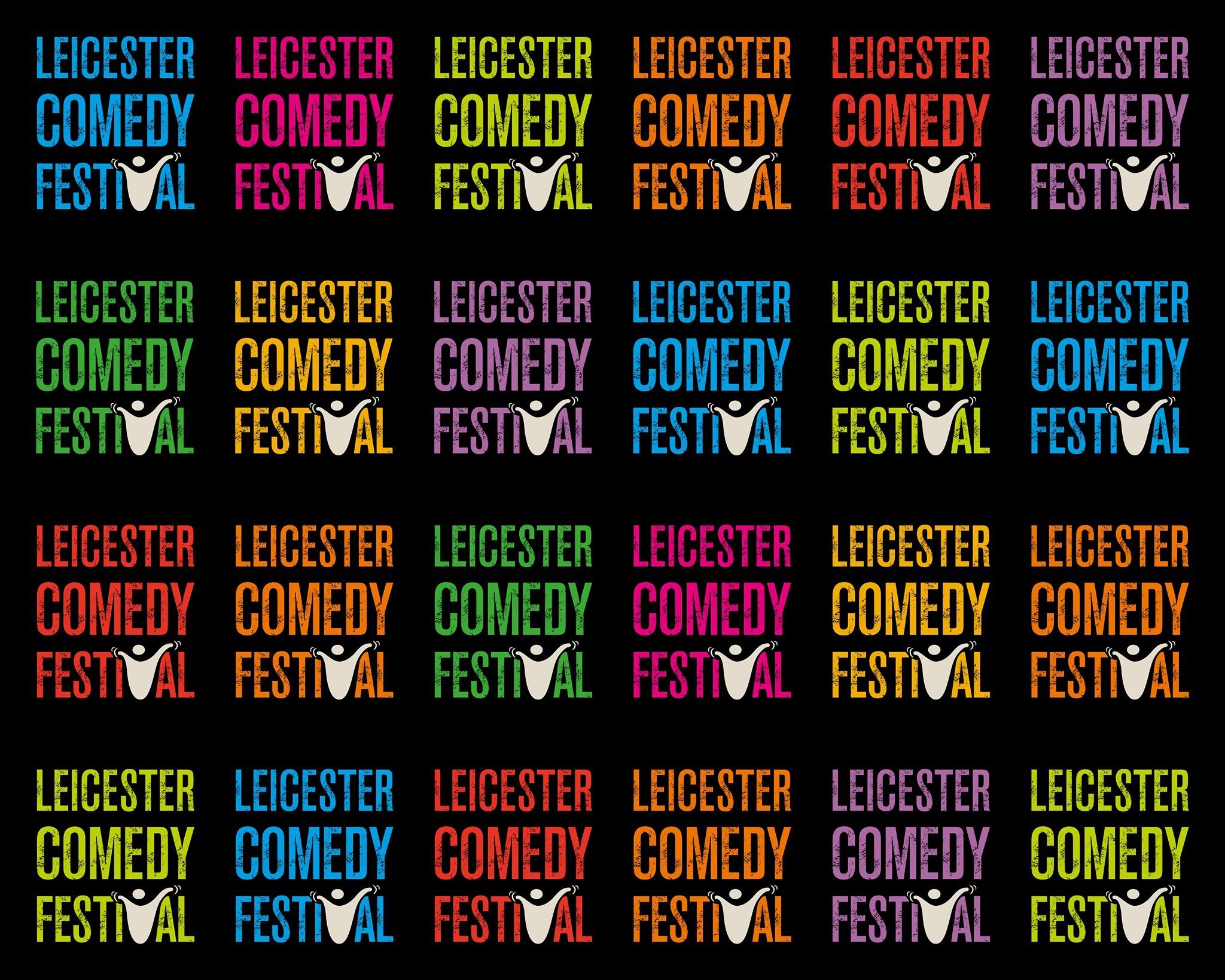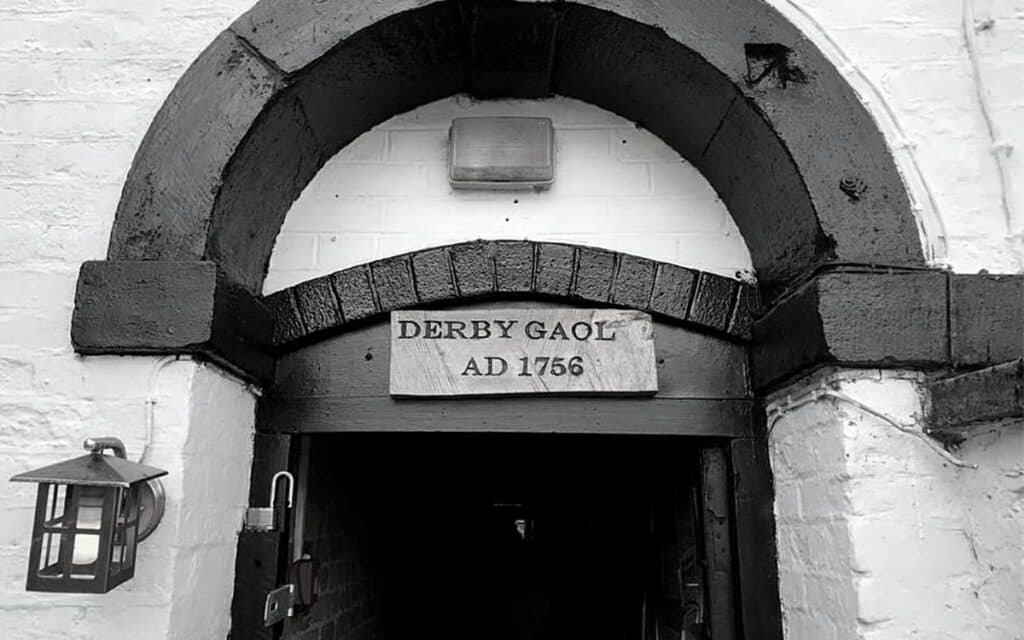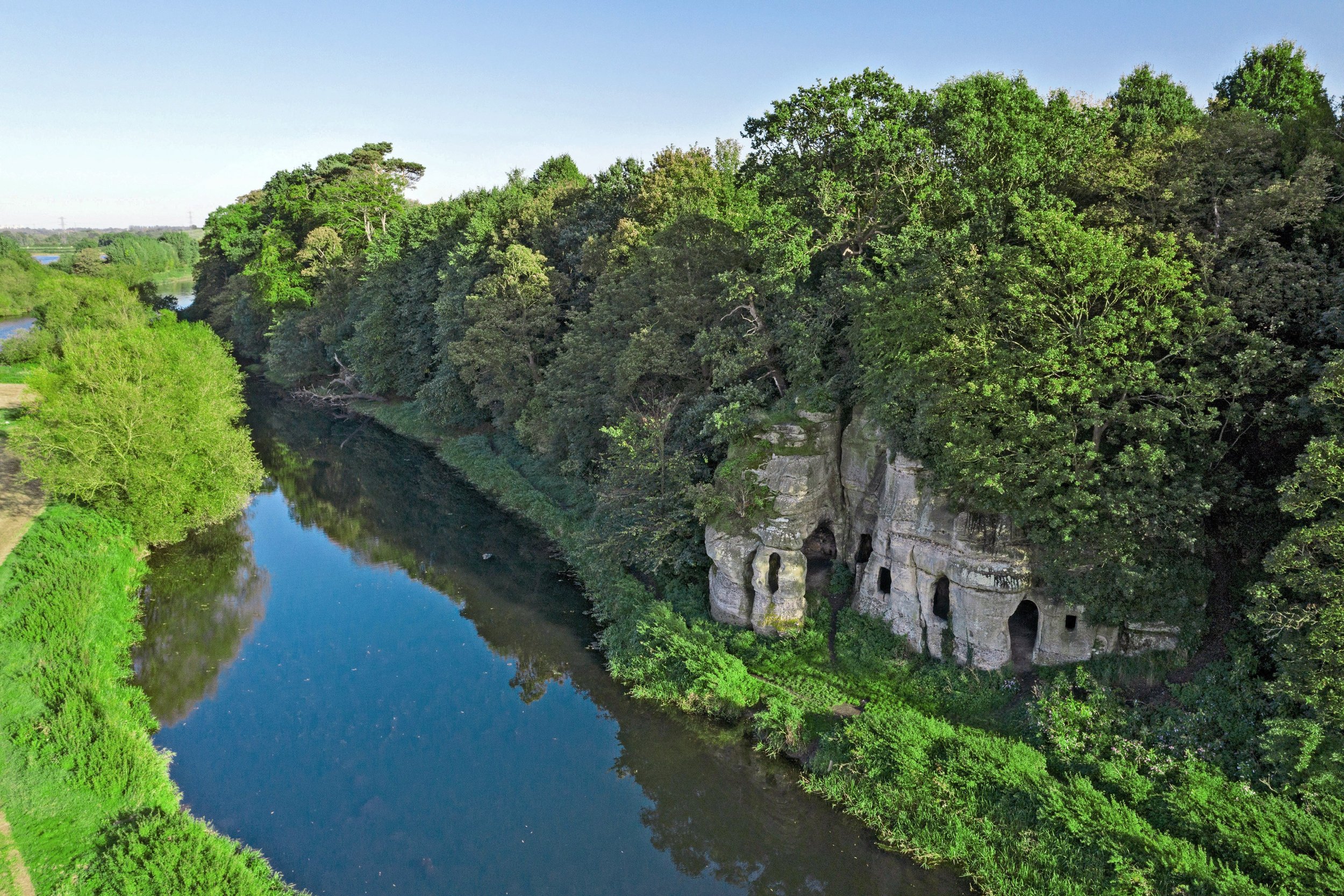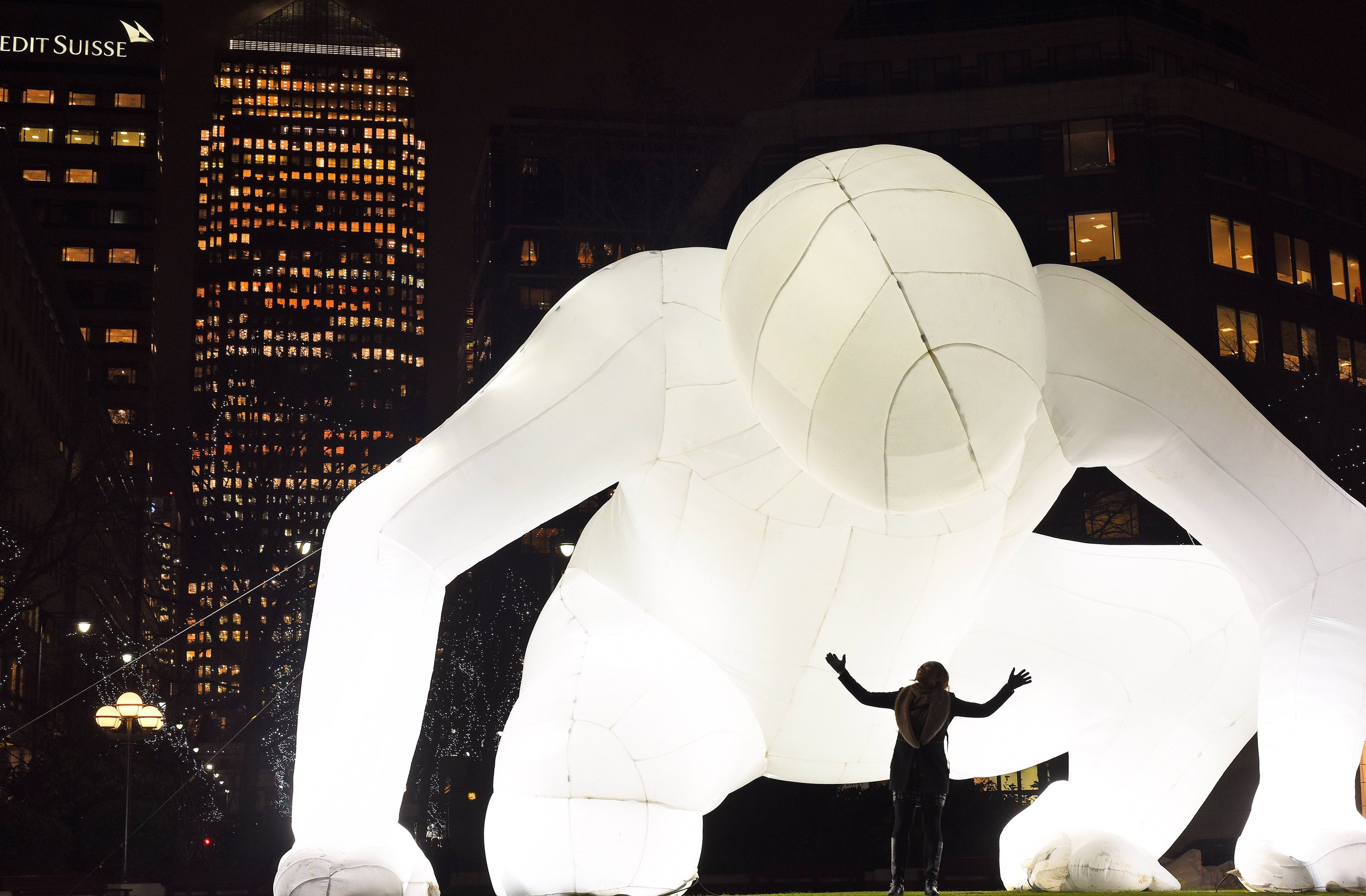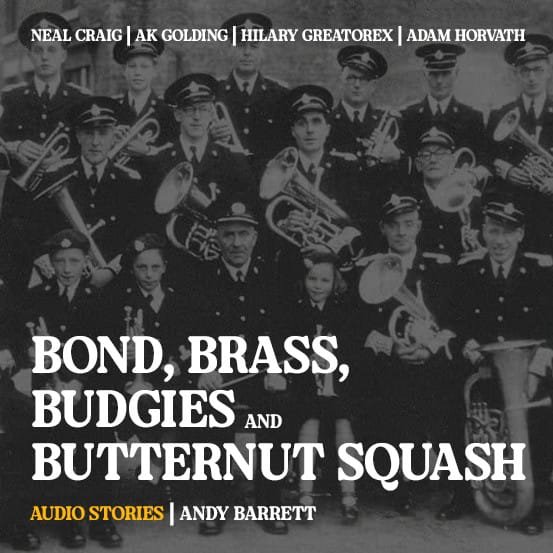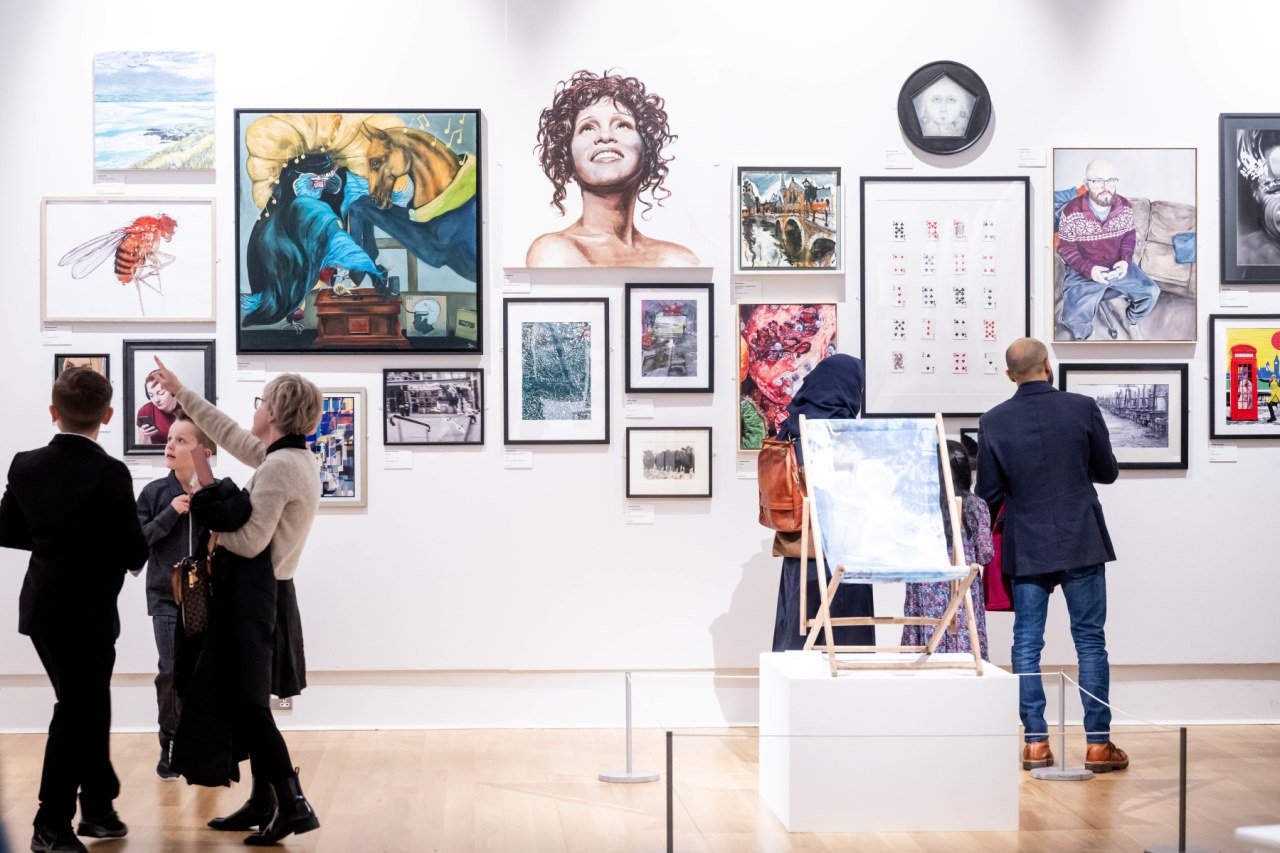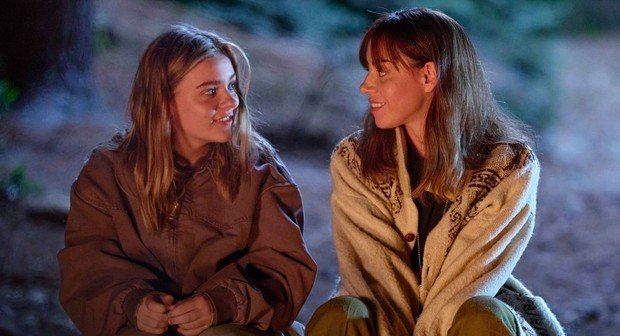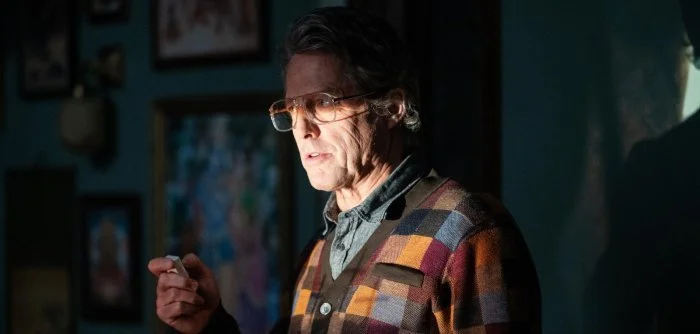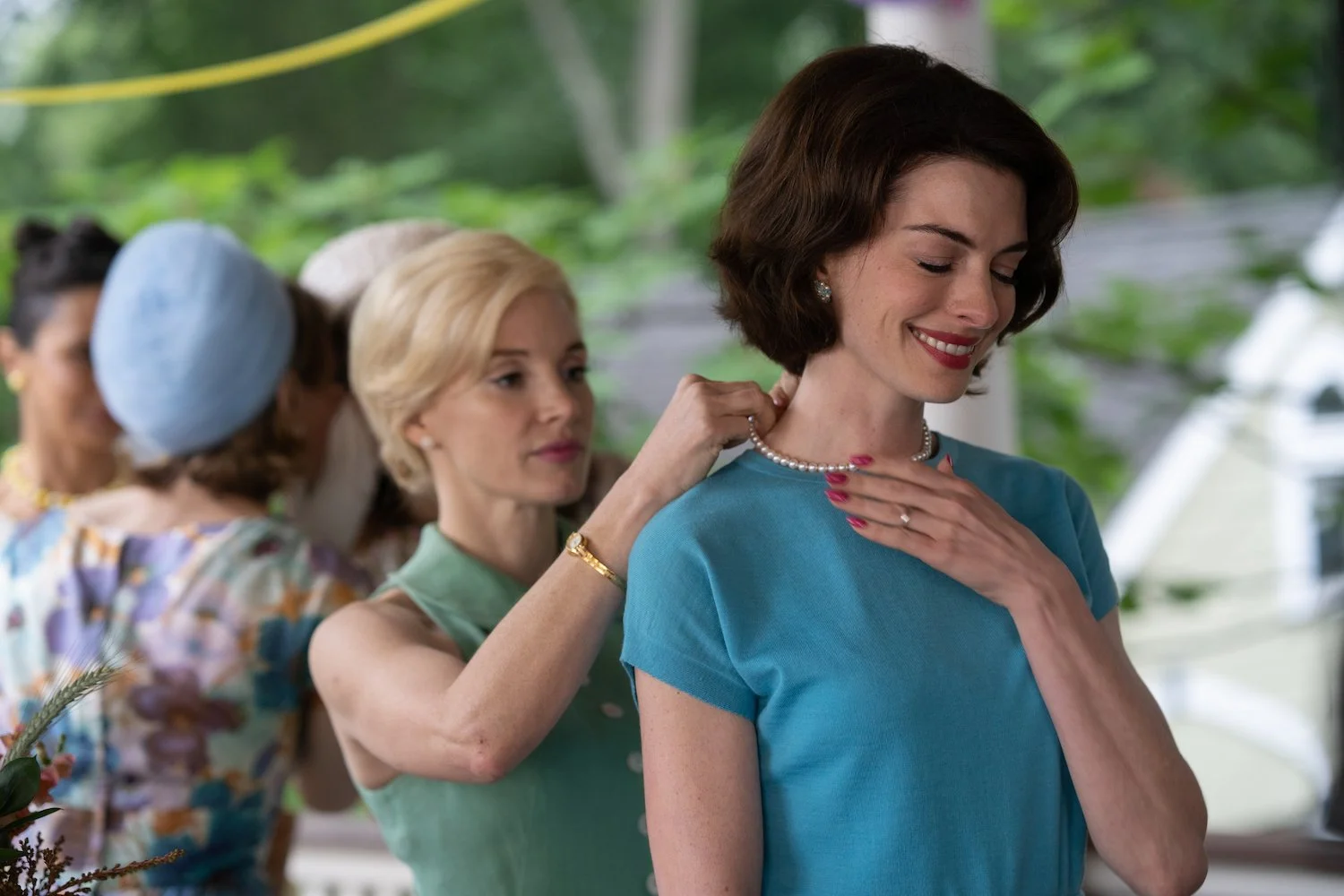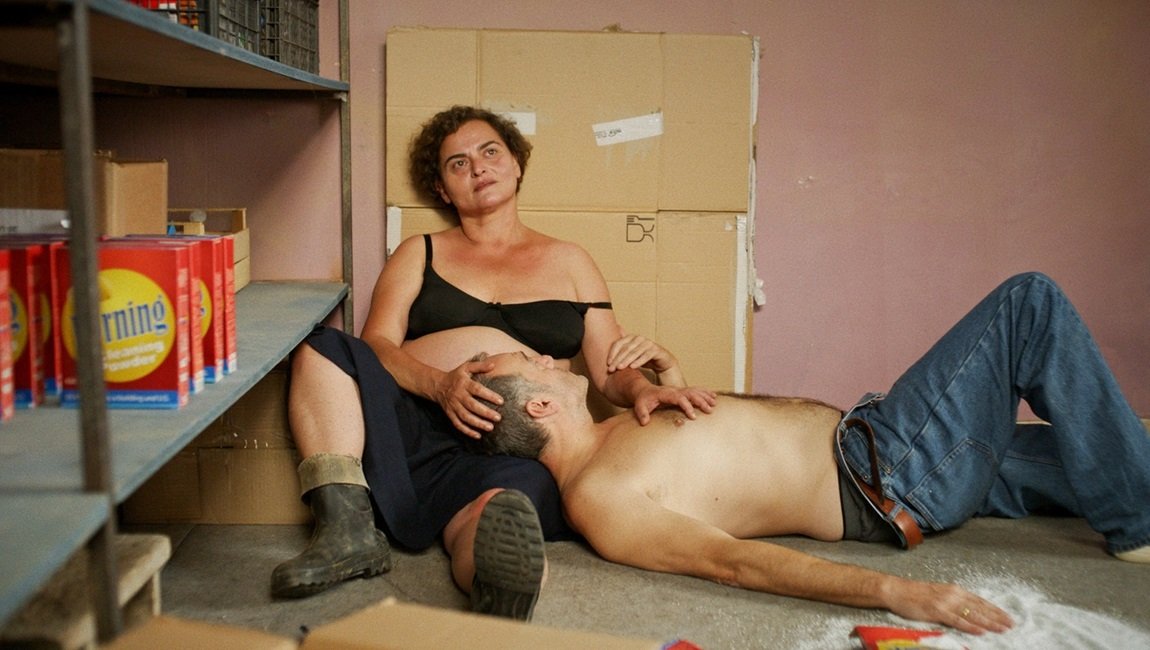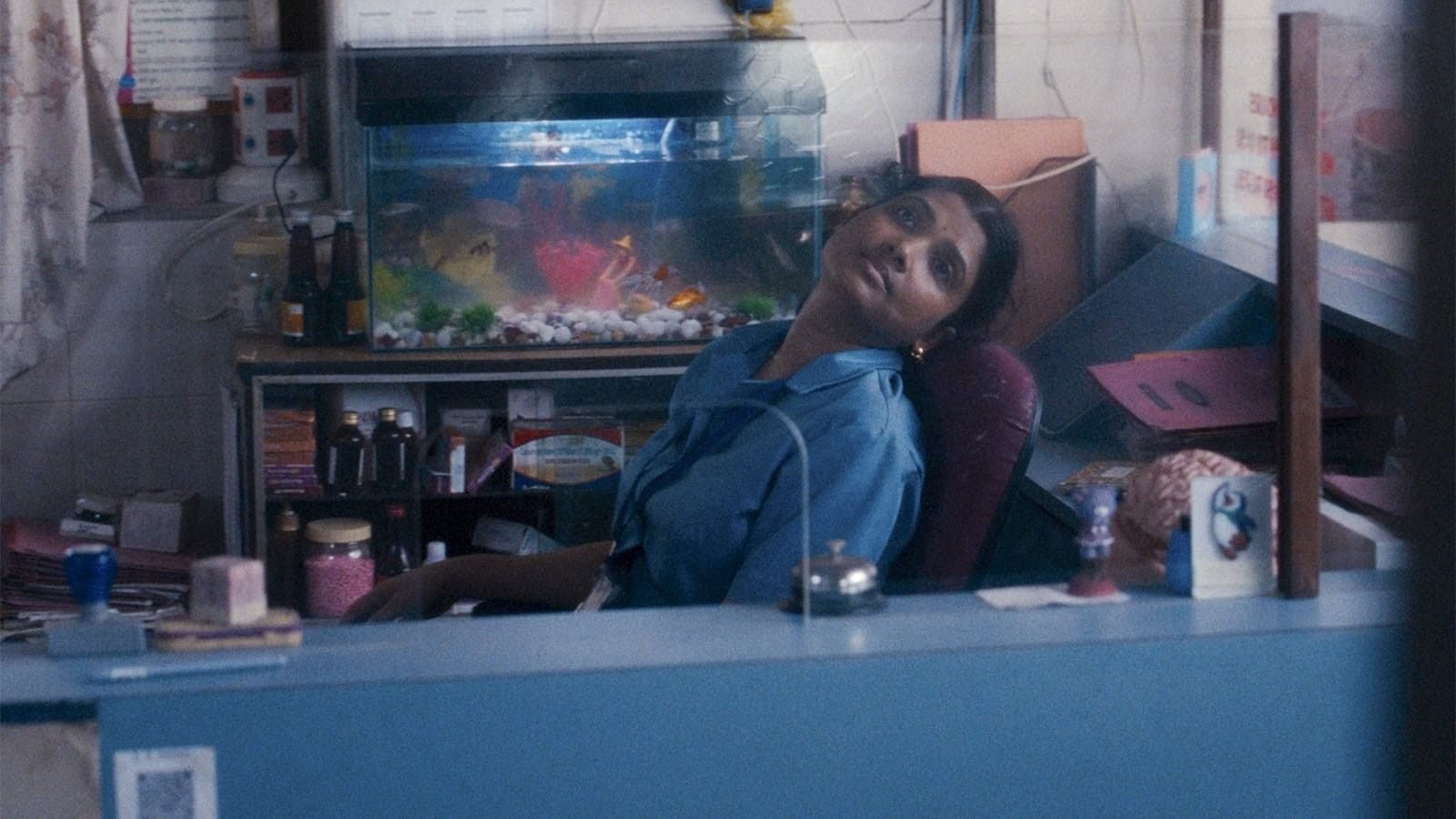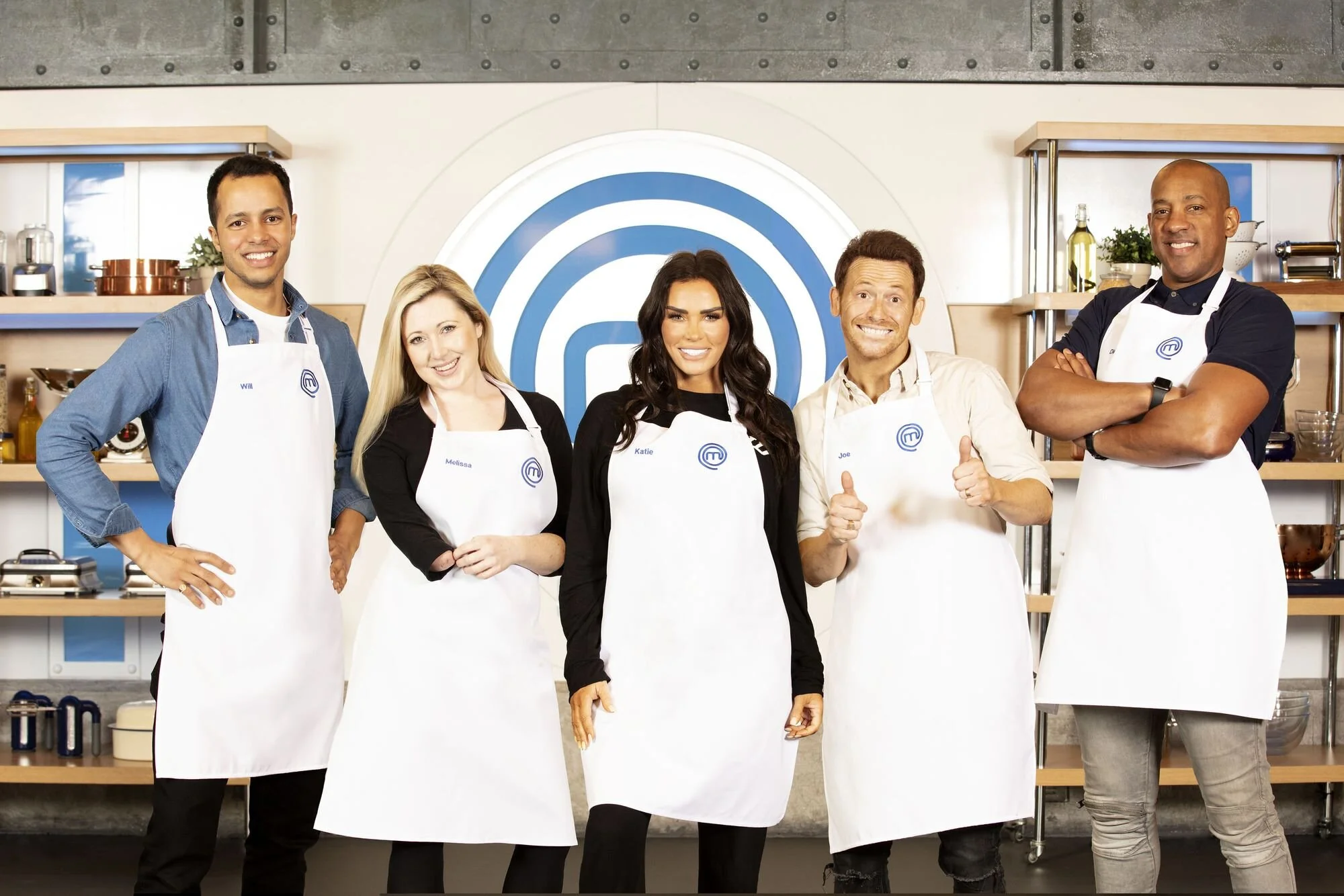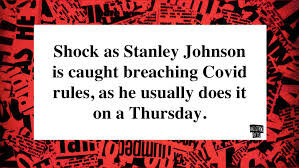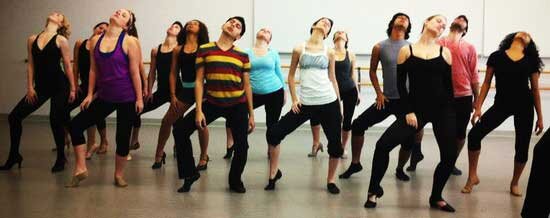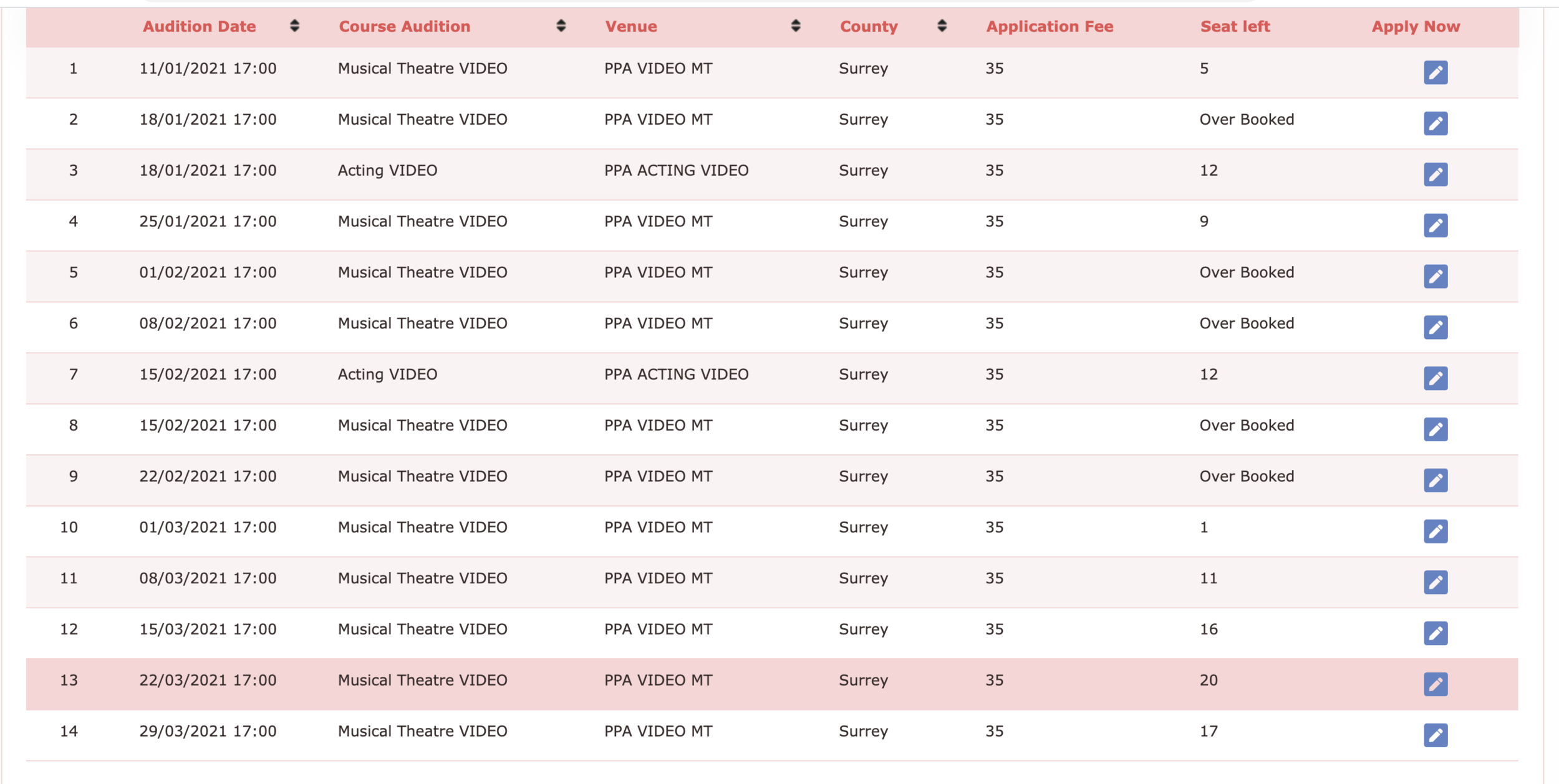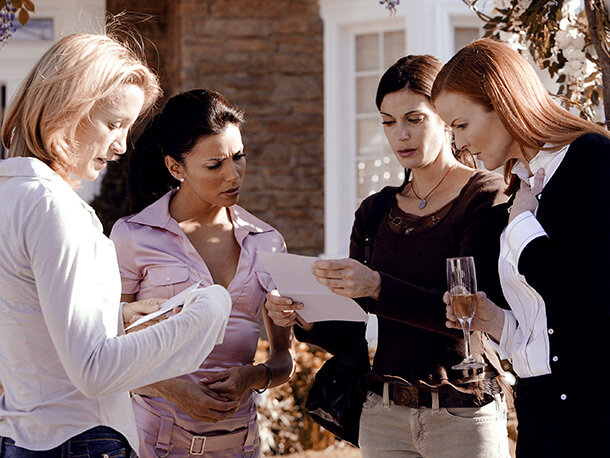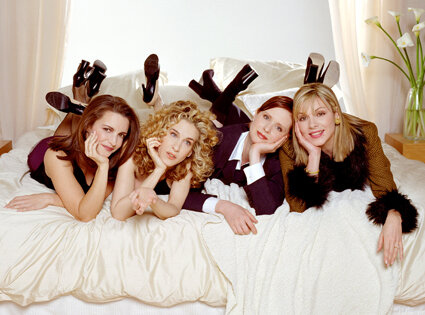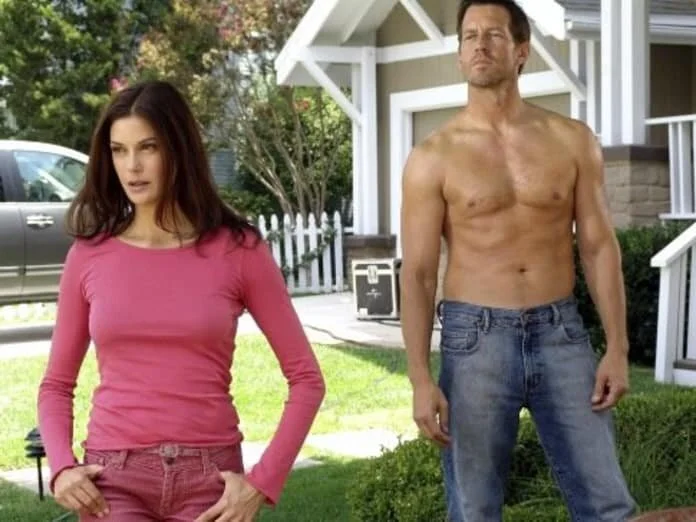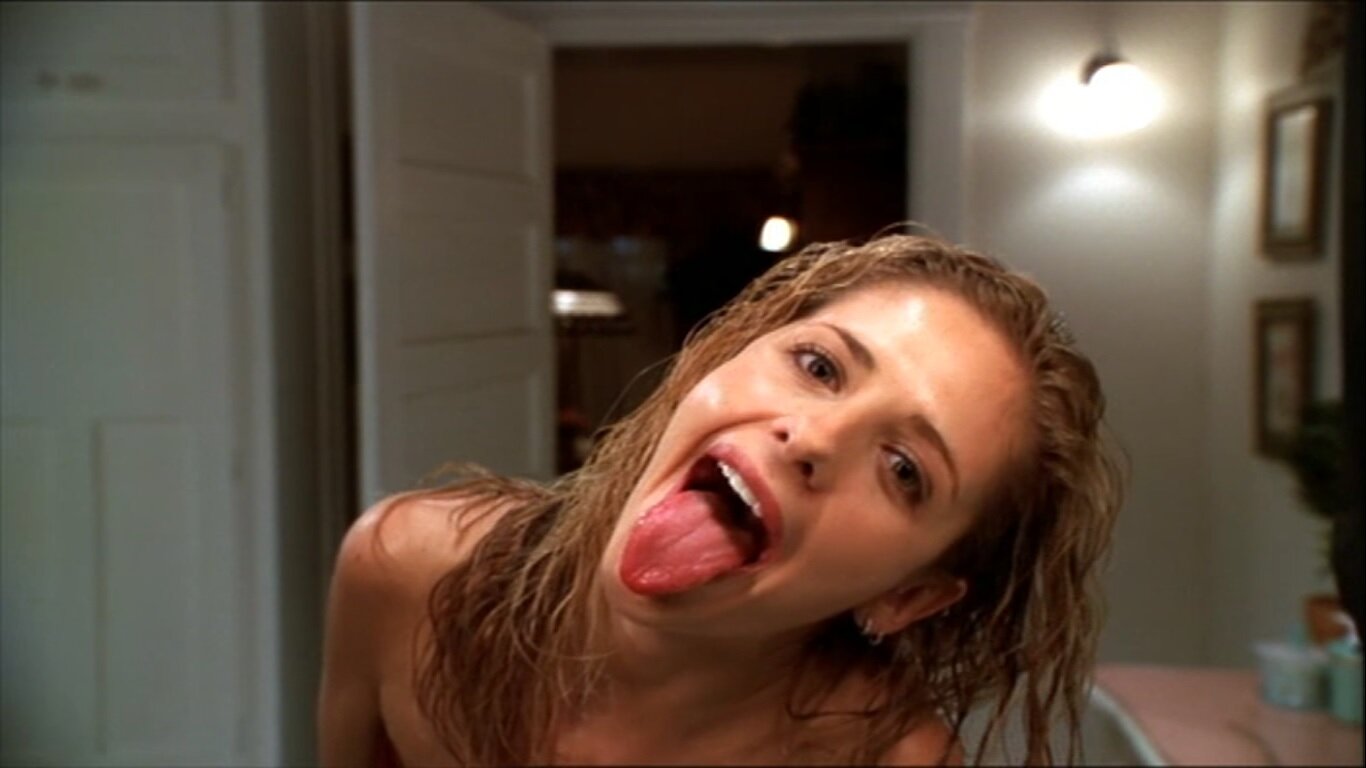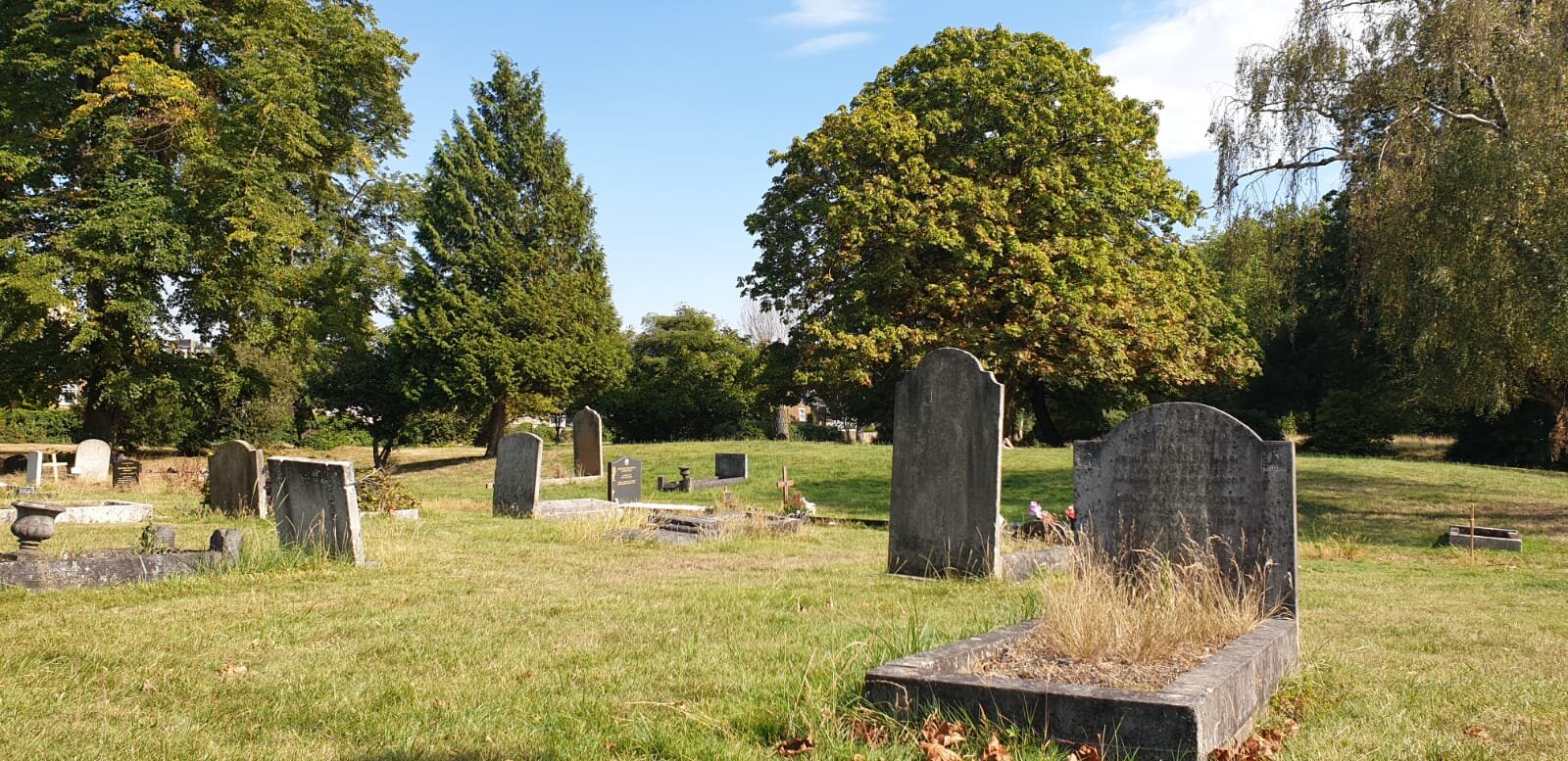Hello,
This is my first Blog post. I have never written a blog before, so you may be able to sense my inexperience. I’ve tried to make this as coherent as possible and to not to cause any unintentional offence. I would have included regular pictures of cute baby animals as a way to make up for if this is shit, but I couldn't work out how to do that on SquareSpace.
I will also try to not start all of my sentences with I. Fronted adverbials are our friends. Homophones are also a beast I struggle to manage, so apologies for the incorrect us of hear and here etc.
Full disclosure: Money has never been a strongpoint of mine. If I have a tenner, I will spend it (usually on port). If I have a hundred quid, well you get the jist. I’m also terrible at talking honestly about it because it’s uncomfortable. Additionally, my dad tried to teach me about not spending more than you have, but clearly it didn’t work.
Before I get too far into this, I think it’s also necessary to acknowledge my privileges. I’m white. Male. I’m degree educated and my family is now what I’d call relatively middle class. My dad is a consultant for IT things, but none of us are hundred percent sure what exactly it is he does, and my mum is a primary school teacher. Both of them went to university (for free!). I went to drama school in London. I’m also one of five kids. All of this, I believe, affects my financial position.
I also work in the arts. Or try to, at least. I am aware that also makes me lucky. Not all people get to have the opportunities I have had. It also brings its own unique set of challenges.
My aim is to completely financially support myself from writing. I guess that means paying my rent, bills and transport. Food. My drinking. All of that stuff.
That’s never going to be easy. But it’s the only thing I’ve ever truly wanted to do because I reckon I’m quite good at it. Or could be, at least.
In a few weeks, I think I might be able to do that for the first time. For a good few months at least, maybe even three quarters of the year. This is because I recently got two script commissions for the telly (it’s actually quite staggering how much money you can make in telly without actually getting anything made) and I’ll be getting the commencement fee up front. HURRAH!
I think at the age of 25 (yes, I’m aware I look much older. It’s the unbelievable amount of grey hair) that this is good going. There are lots of writers out there at different ages and at different stages of their career, and lots of them want to say they can just write for living. I’m pretty pleased with how I’m doing. Most likely, I will still moan like hell because I’m an impatient arsehole, but I’m trying to be more spiritual. A bit.
However, I’m in a shit load of debt. Of course student loan debt (lol!) but like a load of other debt. I’ve racked up about 4.5 grand worth of overdrafts; I owe family about 1500 quid; I took out a couple of payday loans which are worth about 1300 quid (I had a couple more, which I paid off) and I have another loan of 800 (because I already paid some of it off). All in all, let’s call it 9000 pounds.
That’s actually made me feel a bit queasy writing that all down.
I can pay it all off when that telly money lands in my bank account. Which will make me feel less queasy and will probably make me cry a bit from relief.
So, I have a day job! I used to usher, but stopped for my mental health, and since then I’ve been a Teaching Assistant in a primary school. Despite my questionable personality and dubious morals, I am pretty good at the job. And like it a lot more than I liked ushering. Although it can be stupidly hard work, at times, for a salary that doesn’t quite match. Just like the whole teaching profession. But that’s another blog post.
The school are exceptionally good to me. They are pretty flexible with (unpaid) time off, which they give me if I need to leave early for a meeting, or be in rehearsals or whatever. So my situation is unique in this way; I no longer have to work for an agency, which means I get paid over the holidays and no longer have to do bar work during the summer. This means I get 13 weeks off a year (totally deserved, obvs) and I can use this time to write. Most writers would kill for this and it has meant that I can block out time to write a play a year.
ANYWAY. So that was how I was supporting myself in London whilst trying to juggle my pursuit of something vaguely resembling a writing career. Like any new writer, I was being asked to do a shed load of stuff for free before any money exchanged hands, or just working entirely for free because I should be happy for the exposure and at least it’s a credit on the CV. This is an excepted part of the profession. (I think this should be accepted, but I am really bad with homophones.)
Working for free is a slightly separate debate, but I think this factored in for why I did take some loans out or requested more overdraft. Whilst I wasn’t being paid to do writing work, I was having to take time off from my actual day job and lose out. I’d have to find this money from elsewhere.
I know I could have taken a second job. And I did for a little while. I did take on extra work during the summer, and did some tutoring. But it still wasn’t enough.
And then I wasn’t doing any writing work and that was the whole reason why I was still in London and it’s what I really want to do so of course I wanted to take the unpaid writing work over the second job, so I did that. I made that choice to do that and turned elsewhere for the cash. I don’t know if that was right or wrong. I didn't want the stuff I was turning in to be shit and I knew I had to give it at least the bare minimum amount of time. I was already over-stretching myself as it was.
And when I was getting paid for writing work, it was nowhere near enough because it was profit share, or not as much as an established writer because you have to build trust. That’s the industry.
Sidebar: I did a hell of a lot of work (for free) for quite a big independent production company. I wrote treatments, pitches, script(s!) and character breakdowns over months. All with the promise of eventually them paying out. And they never did. That is my lesson to learn but if other writers are being treated like this then that is wrong. I had to turn down what could have possibly been paid work from someone smaller, but felt like I had to play with the big dogs. My mistake.
Everything seemed to become more expensive the past couple of years. My rent has soared and bills are stupid. I just found myself with less and less and I’m not quite sure how or why that happened. But it did. I just seemed to have to borrow more and then I owed more and it became a really vicious cycle where I didn’t have enough to pay my rent with what was left after the loans had been taken out. So then I took more loans and one day I couldn’t get any more loans because my credit was SHITE and then I was in quite a big mess for a little while.
Sidebar: Like I said, I am also very bad with money. And I did spend money on alcohol during this time and I did go to the theatre and stuff. Because I am shit with money and I clearly have a problem I need to address. But I did see a lot of theatre for free too.
I could’ve also left London. And people did say that to me. And maybe I should have. But I just felt like if I kept holding on. Kept pushing. That something would eventually happen for me and I could hopefully start paying some it off.
And now it has. I feel very lucky. I don’t know what would have happened if the situation had carried on. But I feel like I can actually breathe for the first time.
I guess there’s not much point to this blog post other than me to vent a little bit and to try and list all of my excuses as to why I was a bit stupid with money. And say I can’t believe how close I got to the edge when it comes to my mental health.
I am not that much of an idiot, I know payday loans are very bad and shit, but I did do what I did. I’m not entirely sure why. I guess I felt like I had run out of options and I was so fucking mortified that I was in so much debt that I didn’t wanna bring it up. I felt like I had to carry on living like I’d got money as I didn’t wanna admit I’d so royally got myself into a mess.
Maybe I could have gone to the bank of mum and dad and asked them what they could do for me. But that option was always soaked in quite a lot of shame for me. Also, I always knew whatever they could do would be a drop in an expanding ocean.
Go figure.
What I am trying to say is that I want it to be okay (for me) to talk more openly about money. And I guess in a wider sense for me to talk about not being okay. Or to say if I’m struggling. Or if I need someone to tell me to stop being such a fucking dickhead. But maybe other people are shite with money too. Or are struggling to do the thing they really wanna do so are making stupid decisions. It would be good to know.
I am very lucky that the commencement fees will pay off my debt. And I can quit the day job soon. The most helpful thing to say would be that I am here if anyone is also having a shit time because I guess I can talk to you about it. Or buy you a port.
I’m not sure. Apologies if this really didn’t make any sense.
This is the end of my first blog post. We should all talk more.

